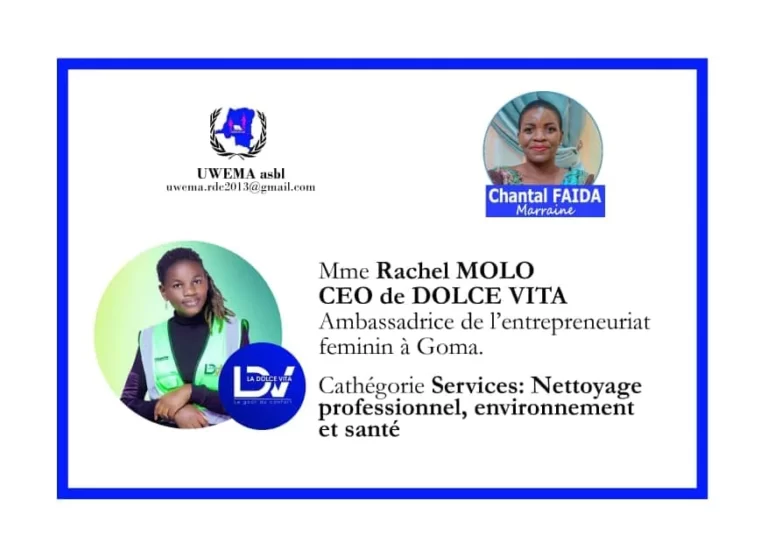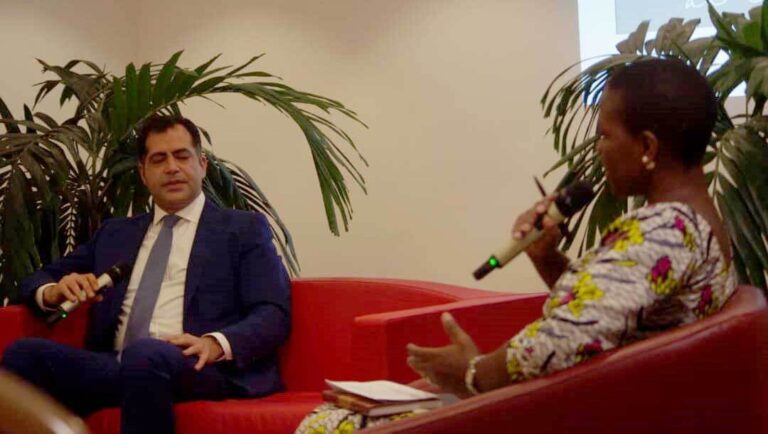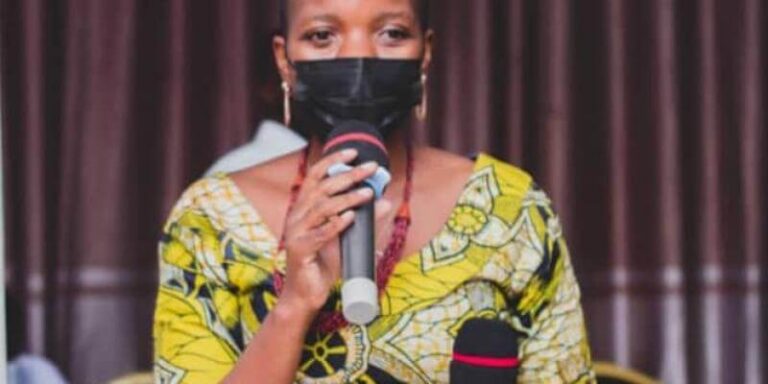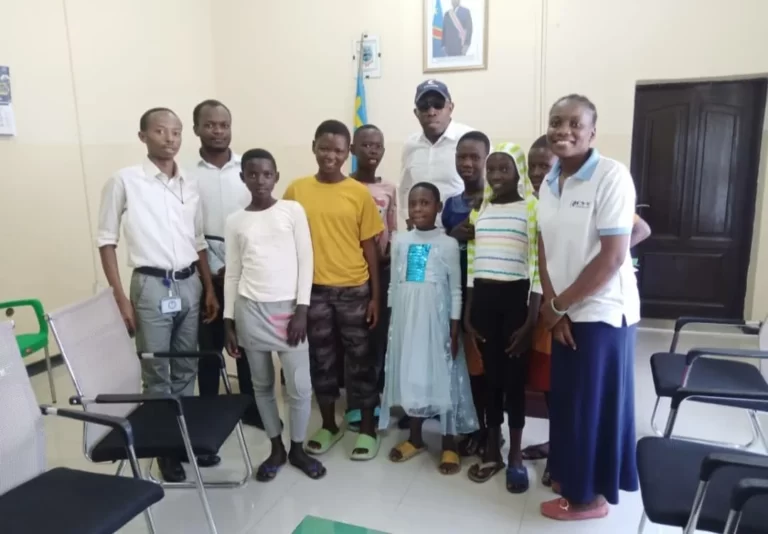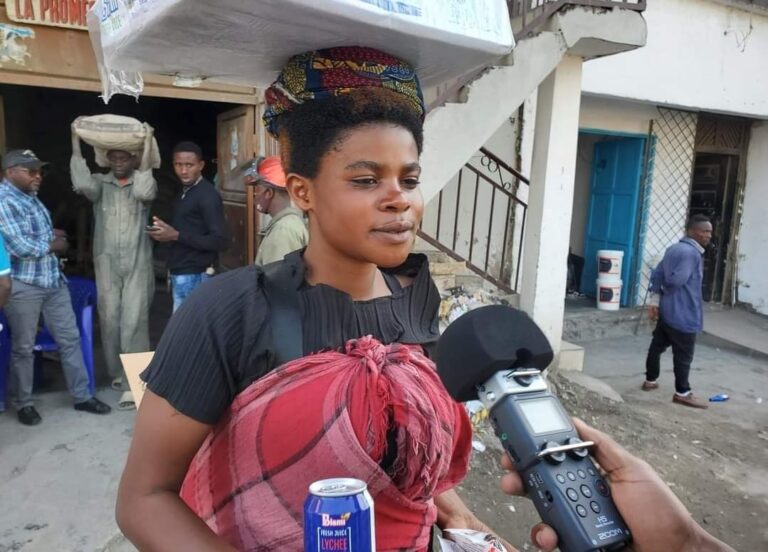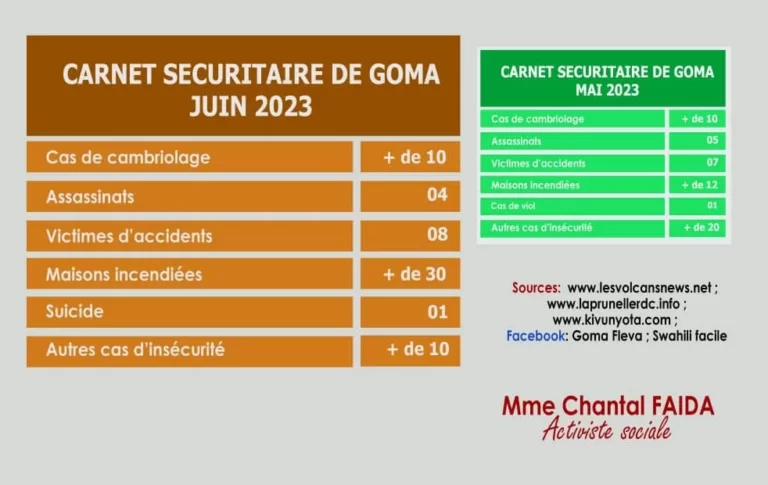DRC: Our Simon Kimbangu is their Mandela

Former South African President Nelson Mandela (95) has been in serious but stable health for three months now. For 67 years, the Nobel Peace Prize winner fought against apartheid (the domination of whites over blacks and blacks over whites, editor’s note). More than just a name, Mandela is a whole symbol, a struggle, a fight, a courage… Mandela is also forgiveness, tolerance, reconciliation, love and peace.
One of the ways to say thank you to Mandela on this day is to imitate him, to follow in his footsteps. Godefroid Ka Mana, Congolese university professor, pastor and philosopher living in Goma, gives us here the secret of Mandela’s success and the paths to follow for Congolese youth who dream of change.

Professor Kä Mana, you are an African thinker and philosopher of Congolese origin. Who do you think Nelson Mandela is?
Chantal Faida
Kä Mana : Every personality has a real dimension and a mythical dimension. But Mandela’s personality embodies a certain Africa in its greatness. An identity that must be respected. He embodies freedom and a political ethic that shows young people that a certain Africa is possible.
N. Mandela campaigned for a long time for cohabitation between blacks and whites in South Africa? What inspires you?
Chantal Faida
Kä Mana : Mandela was a gigantic dreamer. He dreamed of the liberation of blacks in South Africa. He wanted to build a Rainbow South Africa. He highlighted the ideas of forgiveness, to build a great nation. The idea of constructive patience, a practical vision. He was a utopian dreamer and a pragmatic realist. His 27 years spent in prison, he does not like to talk about because he has forgiven and transformed it into a desire to build. An experience that shaped him and made him a charismatic leader. A deepening of the meaning of the revolution. A man like that we all have 5 centuries.
Mandela is a dreamer and a charismatic leader. Do you think DRC has never known such a man?
Chantal Faida
Kä Mana : Oh yes. Simon Kimbangu has spent more years in prison than Mandela. He embodied the desire for independence through spirituality. Our Simon Kimbangu is their Mandela. I also quote Patrice Emery Lumumba. The latter embodied a vision capable of speaking of freedom and greatness. We have others.
Apart from these great Congolese figures of historical renown, can you name other personalities who follow in the footsteps of charismatic leaders to lead the Congolese people towards a shared ideal. Especially for our province of North Kivu which has experienced more than two decades of armed conflict?
Chantal Faida
Kä Mana : In Kivu, we need personalities who are aware of the issues. If Mandela succeeded, it was because he was surrounded by other dynamic activists. Some rely on the premise that it is war that will determine our vision of peace, well, no, it is the reversal. With other people, you have to build the dynamics of forgiveness, truth and success.
A young North Kivutian who wants to embody the character of this great Leader, what behavior should he adopt?
Chantal Faida
Kä Mana : Mandela was aware of the unacceptable with apartheid. He was indignant, he revolted in the face of the unacceptable, he got involved in a group and he was active in a political party, the ANC (African National Congress) and he gave his life to this fight and develop a sense of action. A young person who wants to imitate Mandela must follow this pattern. Engage in political action groups or outright create one.
In North Kivu, the question of murderous identity is in full swing. How do you see a change in such a context? Always following the example of Nelson Mandela, the Nobel Peace Prize winner.
Chantal Faida
Kä Mana : Mandela began his struggle as a black man struggling against a white system and ended in a reversal when he saw that murderous identities led nowhere. The identity potential constitutes a richness. Each ethnic group must look for what it has that is positive and offer it to the entire community. Looking at South Africa today, we will find ourselves faced with an indomitable people who have a strong capacity for resistance and a spirituality of struggle.
Chantal Faida: Professor Ka Mana, Thank you for your time. »
Interview by Chantal Faida

